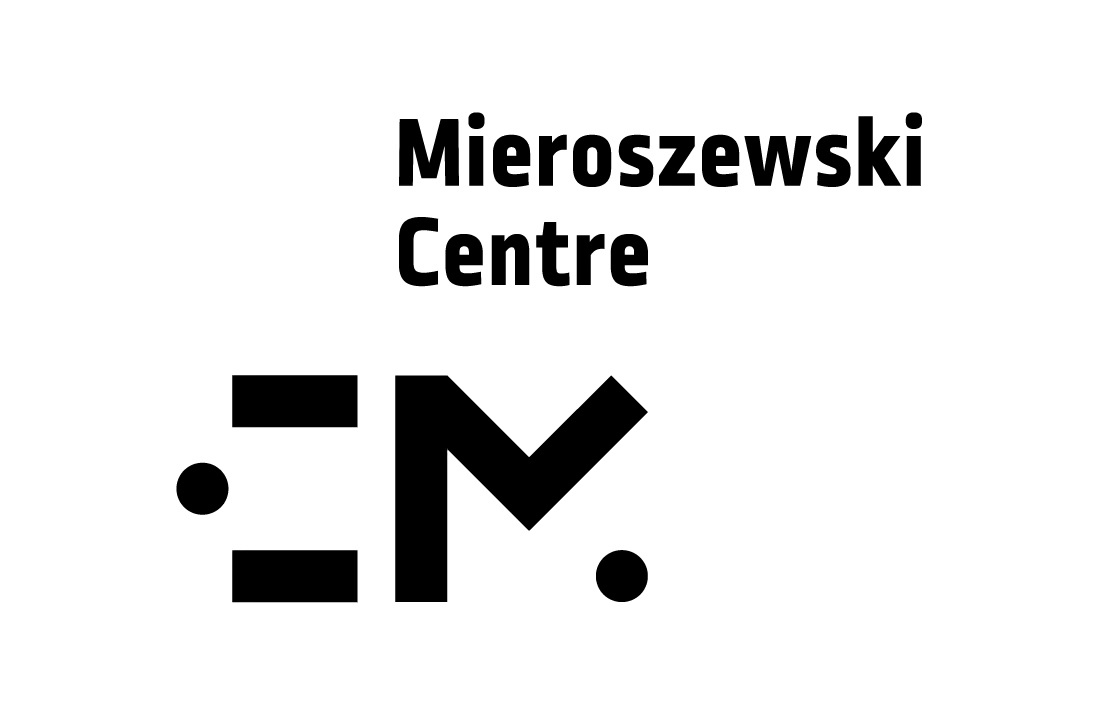Artistic depiction of psychological manipulation, with hands controlling tangled strings in a human silhouette’s mind.
Autor foto: Public domain

Agents of Chaos: The Shadow Campaign Against the West
September 24, 2025
Author: Maciej Filip Bukowski




Artistic depiction of psychological manipulation, with hands controlling tangled strings in a human silhouette’s mind.
Autor foto: Public domain
Agents of Chaos: The Shadow Campaign Against the West
Author: Maciej Filip Bukowski
Published: September 24, 2025
As of 2025, the transatlantic realm is under sustained assault not through open warfare, but through a diffuse, coordinated campaign of cognitive erosion and covert disruption. Russian and Belarusian intelligence services have deployed a hybrid strategy that merges sabotage, terrorism, psychological manipulation, and narrative infiltration into a long-term framework of destabilization of the West. The aim is to fragment trust, fracture resilience, and corrode collective sense-making both within NATO states and across the alliance itself. This is not a campaign to seize territory, but one designed to induce fragmentation of societies, establish antagonistic groups that destabilize states from within, and weaken the cognitive defenses of societies – one perception at a time.
This report shows that these operations are not isolated acts of espionage or sabotage and diversion, but elements of a systemic architecture of cognitive warfare. Russia and Belarus have fused reflexive control theory, narrative engineering, and networked disinformation into a doctrine aimed at the mental and emotional foundations of Western societies. The focus here is Europe, with particular attention to Poland, the Baltic states, and selected Western European countries, where such operations illustrate the scale and logic of a war fought below the threshold of NATO’s Article 5, yet carrying existential consequences.
The report identifies three fundamental interlocking layers of this campaign waged against the West:
1. Cognitive Infiltration: Penetration of public discourse and digital ecosystems with psychologically potent, memetic narratives designed to erode trust in institutions, blur the lines between truth and fiction, and trigger emotional fatigue.
2. Tokenized Execution: Decentralized recruitment of unwitting or expendable operatives to carry out physical sabotage, including warehouse arsons and drone reconnaissance. This ensures plausible deniability while enabling scalable disruption via proxy agents.
3. Disruption via Micro-Operations: Fragmented but cumulative low-intensity actions are synchronized with information warfare to amplify confusion, induce paralysis, and overload Western crisis response systems.
This report argues that the West must abandon its purely reactive posture. A defensive intelligence paradigm is insufficient against an adversary that targets perception, emotion, and decision-making itself. What is needed is a calibrated offensive posture that treats cognitive security as a core element of national and alliance-level defense.
Key recommendations include:
• Establishing a cognitive early warning system combining open-source intelligence, AI-based tools, narrative analysis, and emotional trend mapping;
• Activating diaspora-based counterintelligence assets, mobilizing Russian and Belarusian exiles as both operational and symbolic nodes of resistance;
• Creating a European registry of foreign influence and perception manipulation actors, modeled on FARA but tailored to hybrid threats;
• Deploying targeted counter-narratives and controlled disruption campaigns using symbolic inversion, memetic tactics, and agile communications;
• Institutionalizing cognitive warfare simulations within NATO and EU crisis planning to reflect the cross-domain nature of modern hybrid threats
Ultimately, the long-term effectiveness of the ongoing hybrid offensive depends not on the power of Moscow and Minsk, but on the inertia of the West. Victory in this war of perception will be achieved by those who understand that the battlefield is not terrain, but trust. Clarity of stance and societal coherence must be treated not as ideals, but as fundamentally strategic assets to be protected and reinforced.
—-
Co-funded by the Juliusz Mieroszewski Centre for Dialogue






